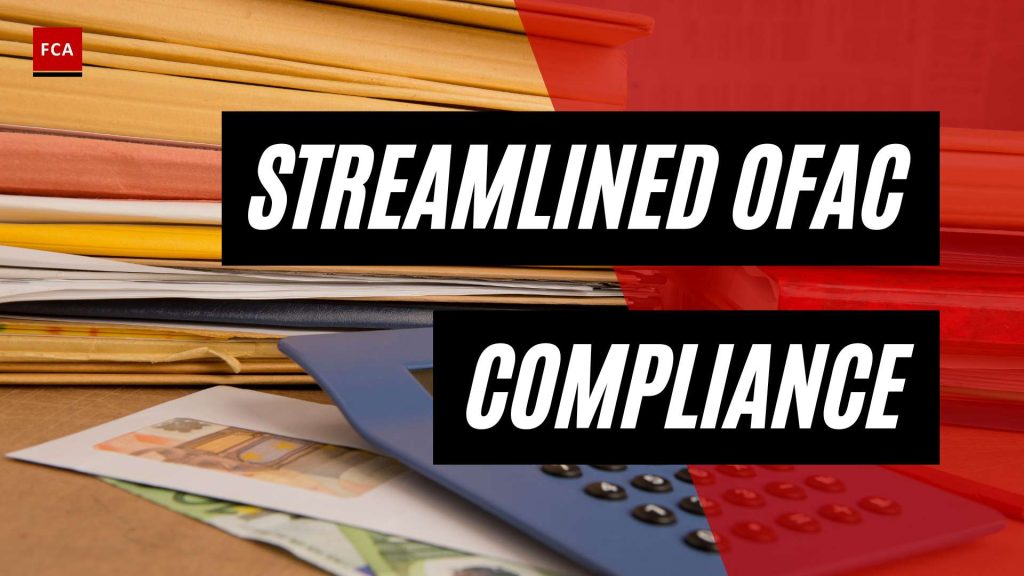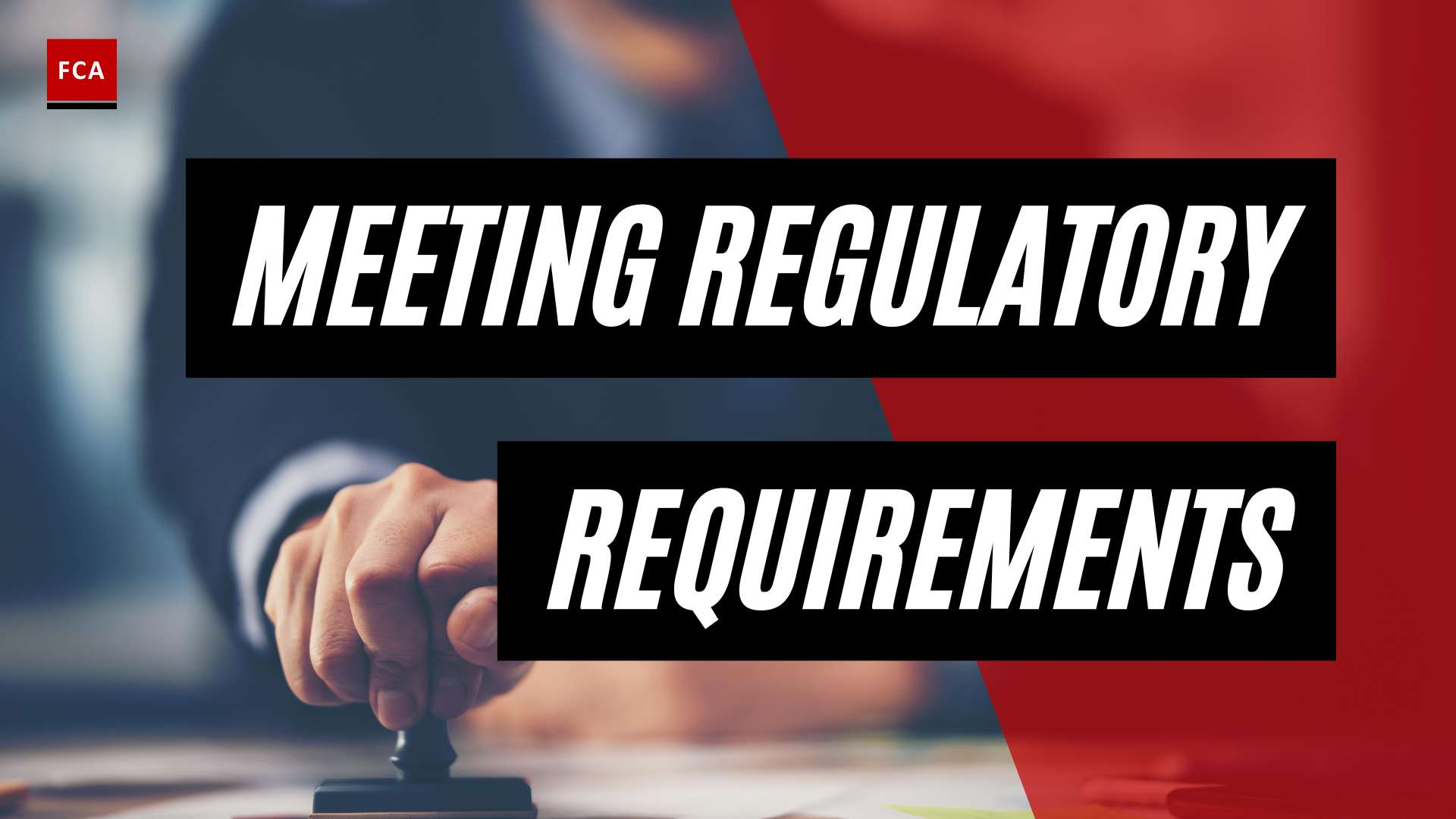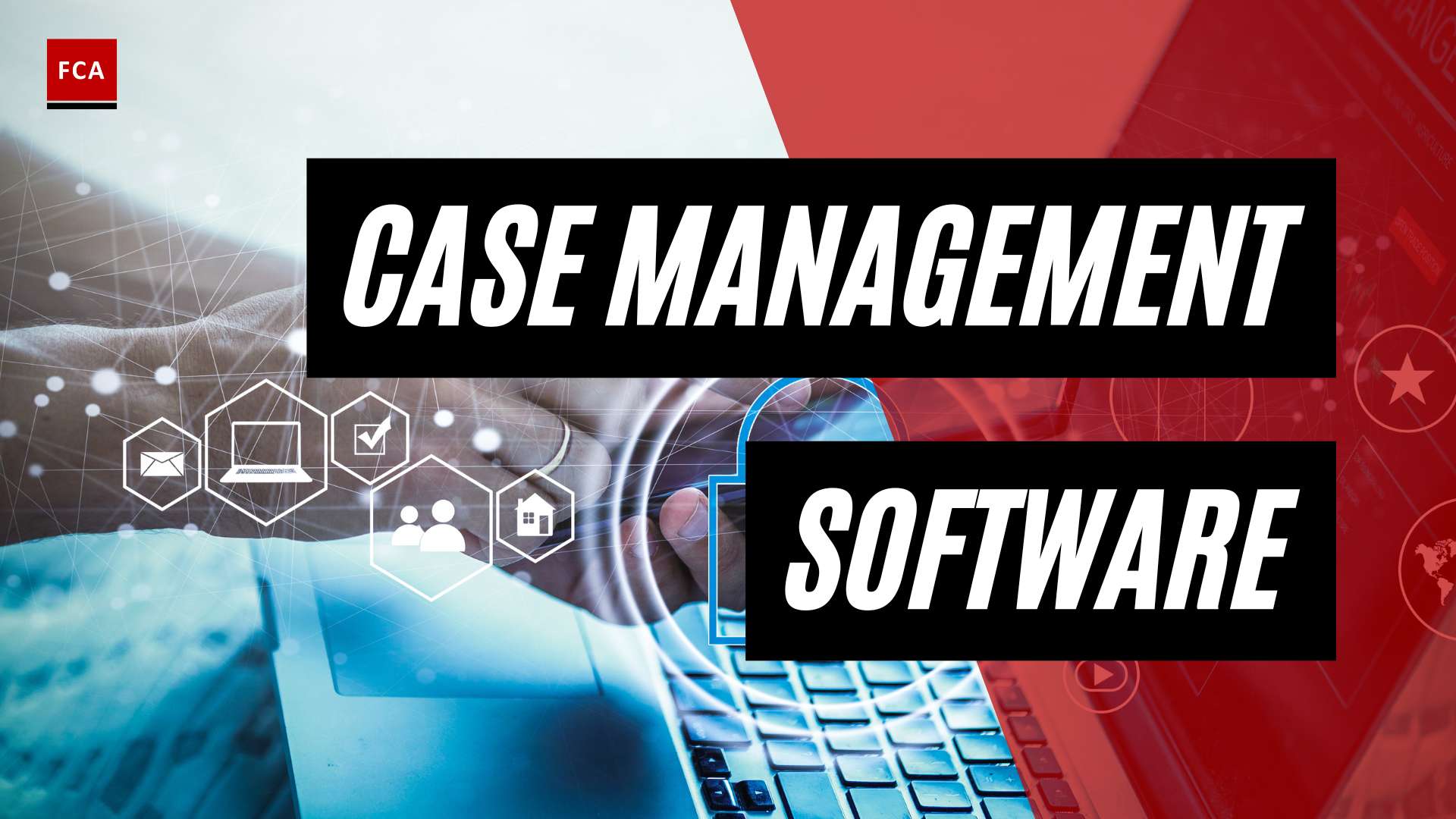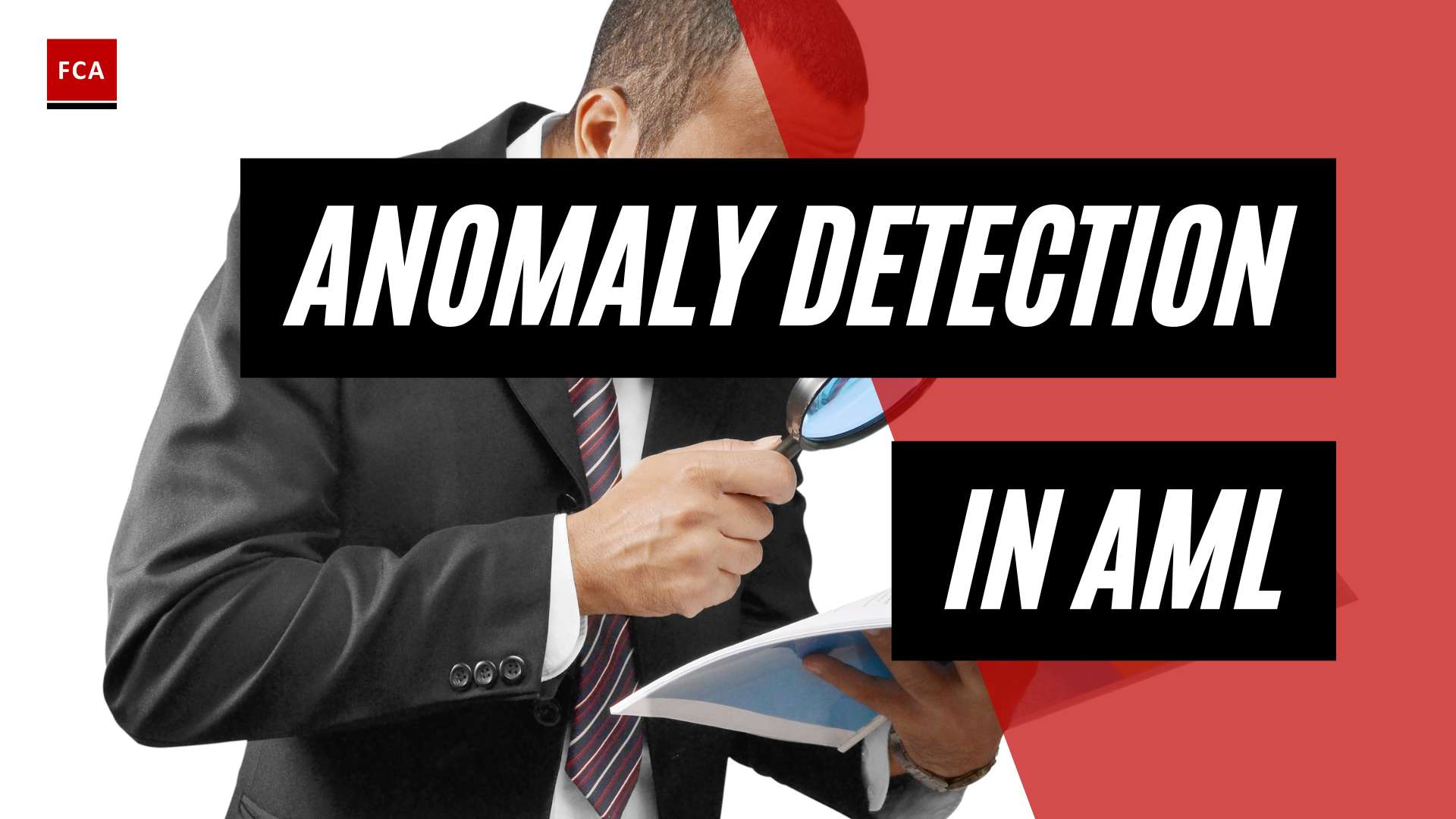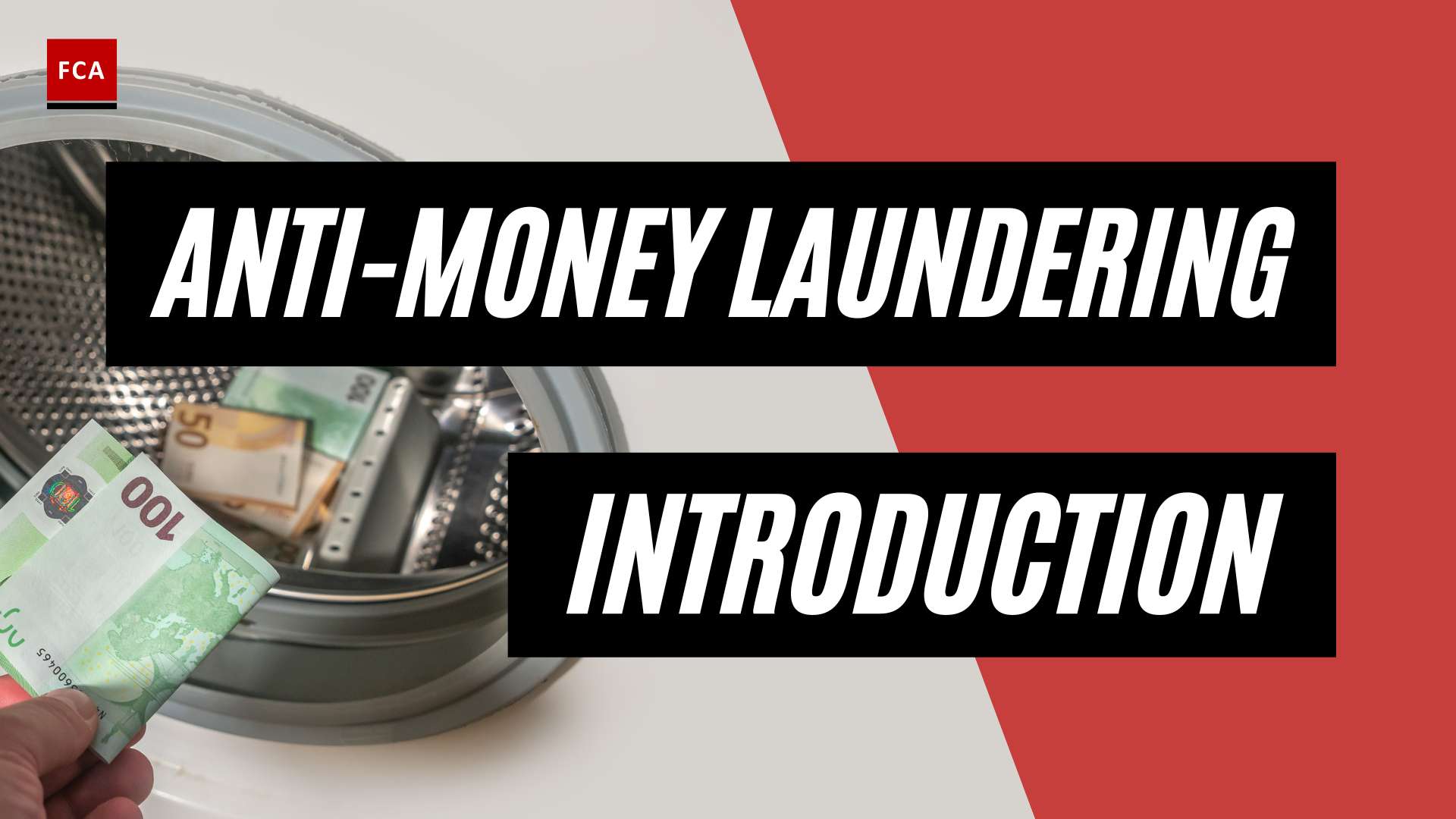Understanding OFAC Compliance
In the realm of financial crime prevention, compliance with Office of Foreign Assets Control (OFAC) regulations is of paramount importance. This section provides an introduction to OFAC regulations and highlights the significance of complying with them.
Introduction to OFAC Regulations
The Office of Foreign Assets Control (OFAC) is an agency of the U.S. Department of the Treasury responsible for administering and enforcing economic and trade sanctions based on U.S. foreign policy and national security goals. OFAC regulations aim to combat money laundering, terrorism financing, and other illicit activities by restricting transactions and business dealings with individuals, entities, and countries subject to U.S. sanctions.
To ensure compliance with OFAC regulations, organizations must screen against the OFAC Sanctions List, which includes individuals, companies, and countries subject to various sanctions programs. The list is regularly updated to reflect changes in the status of sanctioned entities and newly designated parties.
Significance of OFAC Compliance
Compliance with OFAC regulations is crucial for several reasons. First and foremost, it helps organizations mitigate the risk of engaging in transactions with prohibited individuals, entities, or countries. By screening against the OFAC Sanctions List, organizations can identify and prevent potential violations, safeguarding themselves from legal and reputational consequences.
Non-compliance with OFAC regulations can result in severe penalties, fines, and reputational damage. The penalties for violations can be substantial, often reaching millions or even billions of dollars. Additionally, non-compliance may lead to restrictions on business activities, loss of licenses, and significant disruption to an organization’s operations.
Furthermore, complying with OFAC regulations demonstrates a commitment to ethical business practices and adherence to international standards. It helps organizations maintain the integrity of their operations and protects them from inadvertently supporting illicit activities or entities involved in global conflicts.
To ensure ongoing compliance, organizations should implement robust OFAC compliance programs, which include regular audits, risk assessments, and screening processes. By conducting thorough due diligence, organizations can identify potential risks, implement necessary controls, and respond promptly to changes in the OFAC Sanctions List.
In summary, understanding and adhering to OFAC regulations is vital for organizations operating within the scope of U.S. jurisdiction. By complying with these regulations, organizations can mitigate the risk of financial crime, protect their reputation, and contribute to global efforts against money laundering and terrorism financing.
OFAC Compliance Requirements
To ensure compliance with Office of Foreign Assets Control (OFAC) regulations, organizations must adhere to specific requirements. This section will explore the key OFAC compliance requirements, including screening against the SDN list, ongoing monitoring and updates, and the consequences of non-compliance.
Screening Against the SDN List
One of the primary OFAC compliance requirements is screening against the SDN (Specially Designated Nationals) list. The SDN list is a comprehensive database of individuals, organizations, and countries subject to OFAC sanctions. It is crucial for organizations to regularly screen their employees, contractors, vendors, and business partners against this list to identify any potential matches.
Entities are not only required to screen new hires, but also existing employees, contractors, and vendors, as stated by ProviderTrust. Additionally, organizations should expand their screening efforts beyond the SDN list and include other sanctions lists relevant to their industry and geographic scope.
Ongoing Monitoring and Updates
OFAC regulations require ongoing monitoring and updates to ensure compliance. The SDN list is updated frequently, and organizations must stay vigilant to changes. Failing to screen against the most current list can have severe consequences, including fines and reputational damage, as mentioned by ProviderTrust.
Regularly checking the SDN list and other relevant sanctions lists is essential to identify any newly designated individuals, entities, or countries. Ongoing monitoring helps organizations promptly detect any changes that may impact their compliance status and take necessary actions to mitigate risks.
Consequences of Non-Compliance
Non-compliance with OFAC regulations can lead to significant consequences for organizations. The consequences may include hefty fines, penalties, and reputational damage. Violations of OFAC regulations can affect an organization’s operations, business relationships, and standing in the marketplace.
To avoid these consequences, organizations must prioritize OFAC compliance and establish robust compliance programs. This includes implementing internal controls, conducting regular risk assessments, and maintaining comprehensive records of compliance efforts. By doing so, organizations can mitigate the risks associated with non-compliance and demonstrate their commitment to adhering to OFAC regulations.
Understanding and adhering to the OFAC compliance requirements, including screening against the SDN list, ongoing monitoring and updates, and the consequences of non-compliance, is vital for organizations operating in regulated industries. By meeting these requirements, organizations can mitigate risks, maintain regulatory compliance, and safeguard their operations and reputation.
Implementing an Effective OFAC Compliance Program
To ensure compliance with OFAC sanctions regulations, it is crucial for businesses to implement an effective OFAC compliance program. Such a program should encompass regular audits, risk assessments, due diligence measures, and training programs to mitigate the risk of violations and the severe consequences that can result from non-compliance.
Importance of Regular Audits and Risk Assessments
Regular audits and risk assessments play a fundamental role in maintaining an effective OFAC compliance program. Audits help businesses identify any potential weaknesses or gaps in their compliance processes, allowing for timely corrective actions to be taken. These audits should be conducted periodically to ensure ongoing adherence to OFAC requirements.
Risk assessments are essential for understanding the specific risks faced by an organization and tailoring compliance measures accordingly. By assessing the nature of their business activities, client base, and geographic reach, companies can identify areas of higher vulnerability to potential OFAC violations. This information can then be used to develop targeted risk mitigation strategies.
Due Diligence Measures for Compliance
Implementing due diligence measures is integral to an effective OFAC compliance program. This involves conducting thorough screenings and checks against the OFAC sanctions list to ensure that no prohibited individuals, entities, or countries are involved in business transactions. Due diligence measures should cover both new and existing customers, clients, suppliers, and partners.
Incorporating automated screening processes and utilizing reputable third-party tools can enhance the accuracy and efficiency of due diligence efforts. These tools help businesses identify potential matches against the OFAC sanctions list, streamlining the compliance process and reducing the risk of oversight.
Training Programs for Employees
An OFAC compliance program is only effective if employees throughout the organization are knowledgeable about OFAC regulations and understand their roles and responsibilities in maintaining compliance. Training programs should be implemented to educate employees on the importance of OFAC compliance and provide them with the necessary knowledge and skills to identify and report potential violations.
Training sessions should cover topics such as the OFAC compliance checklist, prohibited countries and entities, red flags for suspicious activity, and reporting procedures. It is crucial to regularly update these training programs to keep pace with evolving OFAC regulations and compliance requirements.
By implementing an effective OFAC compliance program that includes regular audits, risk assessments, due diligence measures, and training programs, businesses can ensure adherence to sanctions regulations and minimize the risk of violations. Staying vigilant and up to date with changes in OFAC requirements is vital to maintaining a robust compliance framework and mitigating the potential consequences of non-compliance.
Consequences of Violating OFAC Regulations
Ensuring compliance with the Office of Foreign Assets Control (OFAC) regulations is crucial for businesses and individuals alike. Violations of these regulations can lead to severe consequences, including civil and criminal penalties, fines and restrictions on business activities, and individual liability for violations.
Civil and Criminal Penalties
Failure to comply with OFAC regulations can result in hefty penalties, with some companies facing fines amounting to millions of dollars (Dow Jones). The penalties for violating OFAC sanctions can range from $1,000 to $300 million per violation, making it clear that the repercussions of non-compliance can be severe. In more serious cases, non-compliance can lead to criminal charges being filed against the offending individuals or organizations (Dow Jones).
Fines and Restrictions on Business Activities
Violations of OFAC regulations can result in significant civil and criminal penalties, including fines reaching up to millions of dollars. The exact amount of fines depends on various factors, including the severity of the violation and the financial gain obtained from the violation. Additionally, businesses found to be non-compliant may face restrictions on their ability to conduct certain business activities, both domestically and internationally. These restrictions can have long-lasting effects on the reputation and operations of the organization.
Individual Liability for Violations
It’s important to note that OFAC penalties can apply not only to organizations but also to individuals within those organizations who are found to have knowingly violated sanctions (Dow Jones). Individuals who are involved in serious violations of OFAC regulations can face personal liability, including fines and, in some cases, imprisonment. It is crucial for both businesses and individuals to understand and adhere to OFAC regulations to avoid legal repercussions.
Complying with OFAC regulations is essential to avoid the severe consequences that come with violations. Businesses should establish robust OFAC compliance programs and risk assessment measures to ensure ongoing compliance with the regulations. Additionally, it is crucial to educate employees on OFAC requirements through comprehensive training programs to minimize the risk of inadvertent violations.
By understanding the civil and criminal penalties, fines and restrictions on business activities, and individual liability associated with violating OFAC regulations, businesses and individuals can take the necessary steps to remain compliant and mitigate potential risks. Remember, compliance with OFAC regulations is not only a legal obligation but also a responsible business practice.
The Role of the Office of Foreign Assets Control (OFAC)
The Office of Foreign Assets Control (OFAC) plays a crucial role in administering and enforcing economic sanctions programs imposed by the United States government. Understanding the history, administration of economic sanctions programs, and prohibited transactions and licensing regimes is essential for comprehending the significance of OFAC compliance.
History and Background of OFAC
The Office of Foreign Assets Control (OFAC) has a rich history dating back to World War II. It originated as the Office of Foreign Funds Control (FFC) in 1940, established to prevent the Nazi use of occupied countries’ foreign exchange and securities (OFAC). In December 1950, during President Truman’s declaration of a national emergency following China’s entry into the Korean War, the FFC evolved into OFAC, with the primary purpose of blocking Chinese and North Korean assets subject to U.S. jurisdiction (OFAC).
Today, OFAC operates under the U.S. Department of the Treasury and is responsible for implementing and enforcing economic sanctions against countries and groups of individuals, including terrorists and narcotics traffickers. These sanctions aim to achieve foreign policy and national security objectives through asset blocking and trade restrictions. For more information about the OFAC sanctions list, visit our article on OFAC sanctions list.
Administration of Economic Sanctions Programs
OFAC is primarily tasked with the administration and enforcement of economic sanctions programs. These programs are designed to restrict and regulate transactions with prohibited countries, entities, and individuals. By imposing sanctions, the U.S. government aims to influence the behavior of targeted entities and promote national security interests.
The administration of economic sanctions involves the identification and listing of sanctioned individuals, organizations, and countries. OFAC maintains an extensive list of individuals and entities subject to sanctions, known as the Specially Designated Nationals (SDN) List. This list serves as a critical tool for screening against prohibited parties. To ensure compliance with OFAC regulations, businesses and individuals must conduct thorough screenings against the SDN List. For more information about screening processes, refer to our article on OFAC screening process.
Prohibited Transactions and Licensing Regimes
OFAC prohibits certain types of transactions with sanctioned countries, entities, and individuals. These prohibited transactions may include trade restrictions, financial transactions, and the provision of services to sanctioned parties. It is essential for businesses and individuals to understand the specific prohibitions related to the countries or entities involved to ensure compliance.
In some cases, OFAC may establish licensing regimes that allow certain transactions that would otherwise be prohibited. These licenses provide authorization for individuals and businesses to engage in specific activities while complying with OFAC regulations. Understanding the licensing requirements and procedures is crucial for those seeking lawful engagement with sanctioned countries or individuals. For more information on licensing regimes, visit our article on OFAC prohibited countries.
By comprehending the history, administration of economic sanctions programs, and prohibited transactions and licensing regimes of OFAC, individuals and businesses can develop a comprehensive understanding of the compliance requirements and obligations. Adhering to OFAC regulations is vital to avoid severe consequences associated with non-compliance, as detailed in our article on OFAC compliance checklist.

